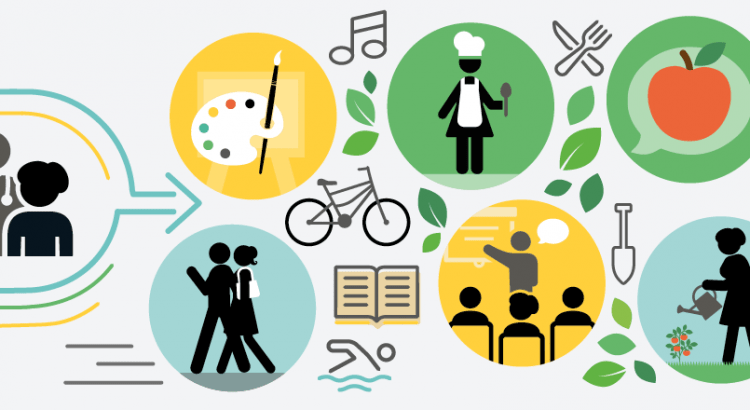After the initial deluge of activity surrounding the UK government’s ‘lockdown’ in response to the coronavirus and the massive changes to life that incurred as a result, the attention of policy-makers has moved to the impact of the virus, the lockdown, and wider life around us. The great need to act and to achieve some impressive targets (such as the Nightingale hospitals to boost NHS capacity in a matter of weeks and the NHS volunteer responders appeal) at first overshadowed any long-term thinking. However, after the initial surge of emergency action, more long-term considerations are coming into play.
How do we move on from lockdown? Which businesses will be allowed to reopen? What will the changes on social distancing be? The economic impact and recovery, in the broadest sense, is now being openly discussed by civil servants, politicians and community leaders.
In terms of faith groups, when should places of worship be reopened? How will they be required to change? What will have changed in the psyche of believers? Is this the start of a revival of faith or the beginning of a significant decline?
I have been fascinated by the film ‘The Big Short’, on the financial crisis of 2008 and the risky business of short-selling. I’ll not attempt to explain the film or the concept of short-selling here – I’ve watched the film several times and I still don’t fully understand it myself! However, what is very clear is that, in a time of crisis, there is often great opportunity (There is also a moral debate about exploitation, but let us lay that aside for the moment).
More impressive than the government and NHS reactions and initiatives in response to the crisis is the heightened level of self-initiated and self-directed action. Neighbours help each other out and shop for one another, emergency workers return home to find their lawns have been mowed or dinner has been provided. On a Thursday night, when we ‘clap for carers’, we wave at those on our street who we have never even met before. Of course, this organic response has been patchy and there is some significant concern about ‘unmet need’. There is also the question of what will happen as people return to work and become distracted by ‘business as usual’, or what will become of these organic support networks that have sprung up. Many who have offered themselves as volunteers, both locally to councils or to the NHS, have yet to be utilised. Some of this is surely because needs are already being met by neighbours, friends and family, whilst some of the reasons remain unknown.
If we want a lasting positive impact to come of this crisis, we must act now! These connections, the human web of support and hope, both practical and social, need to be recorded and preserved.
At FaithAction, we have been eager to promote the role of faith groups as part of a ‘social prescribing’ solution. Social prescribing provides the solution to a social need without having to turn to a medical answer. The biggest issues we had encountered before Covid-19 were the gatekeeping role of the ‘prescriber’, — where they were not aware of being able to, or were not keen to, refer patients to non-medical services, — the lack of understanding of the faith groups offering solutions, and the difficulty of matching of need to solution. This remains an issue in the Covid-19 period as well.
Social prescribing is a way for people to receive referrals to local, non-clinical services that can help with a range of needs. These referrals, or ‘introductions’, often come from a healthcare setting, but a wide range of organisations can make them, and self-referrals are also possible. For example, mother and toddler groups or protective intervention re. post-natal depression.
The web of connections which has spontaneously come about, and which is still forming, is a precious thing. We know that faith groups are at the forefront of providing practical and emotional support in their communities, in many ways bypassing the usual referrers or ‘prescribers’. We need to record these links and preserve this web of human connection.
Your people will rebuild the ancient ruins
—Isaiah 58:12
and will raise up the age-old foundations;
you will be called Repairer of Broken Walls,
Restorer of Streets with Dwellings.
Faith-based social prescribing can be turbo-charged by the coronavirus crisis. Perhaps the greatest tribute to those we have lost and those who have made great sacrifice at this time is not a plaque, a special service, or a monument, but making the most of this opportunity to cultivate a vibrant community of kindness, sharing, and cooperation.
